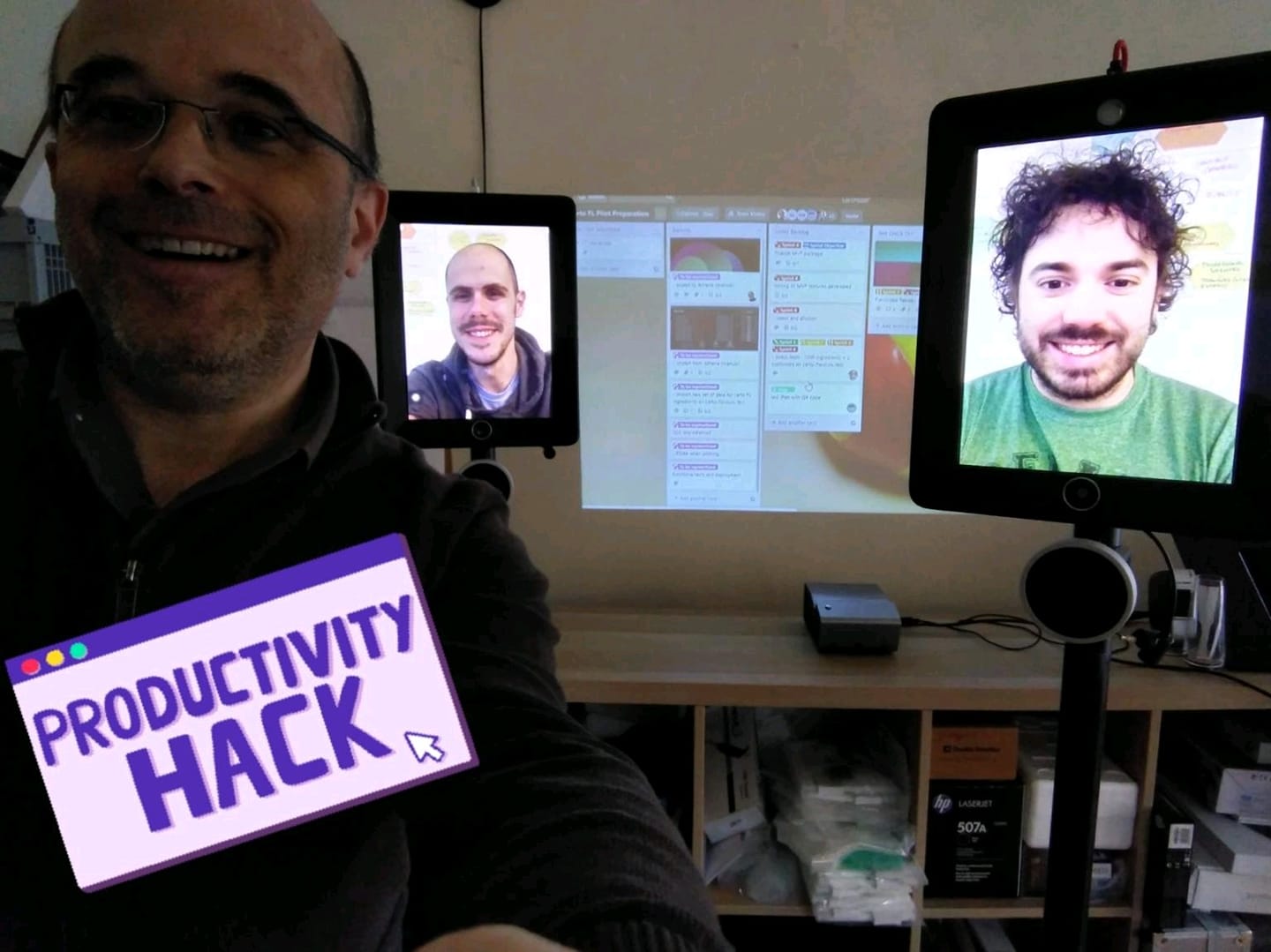Like all of us, the next generations Gen Y (typically defined as 1980 to 1994) and Gen Z (typically defined as 1995 – 2009), are shaped by their times. Generation Y is the first transformational generation. They have grown up in a radically different world from that of their parents, surrounded by modern technologies and a society of consumerism – and it shows in the way they live, work, play, and consume. While some of Generation Y may vaguely remember a world with only limited technology, today’s teenagers, Generation Z, have never experienced a world without it. Technology is in the DNA of these “next” generations, probably the single most important difference versus the generations before them.
For today’s digital generations, flexibility, mobility, and immediacy are king. Their attitudes and behaviors are permeating every facet of life and work, embracing the virtual, living in real time. They are coexisting with, if not thriving on, social networking, the cloud, and cyberspace demands that are often seen as overwhelming by many older people. An increasing move towards flexible and mobile ways of working is one result, as the younger generations challenge conventional and stationary working patterns and management methods – but their impact will be much broader.
Source: www.globaltrends.com




0 Comments